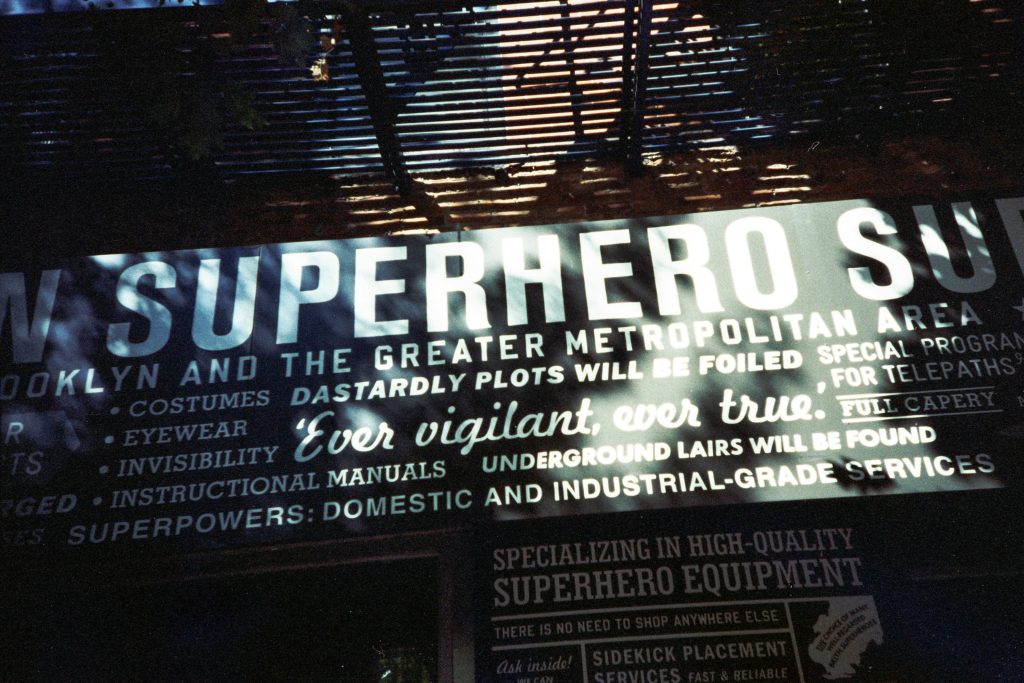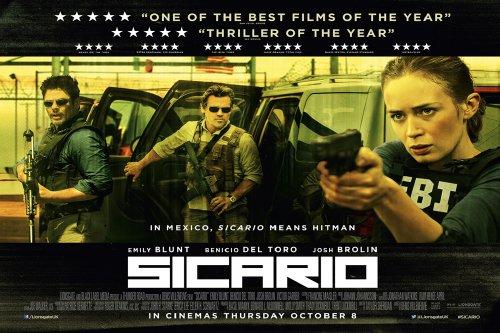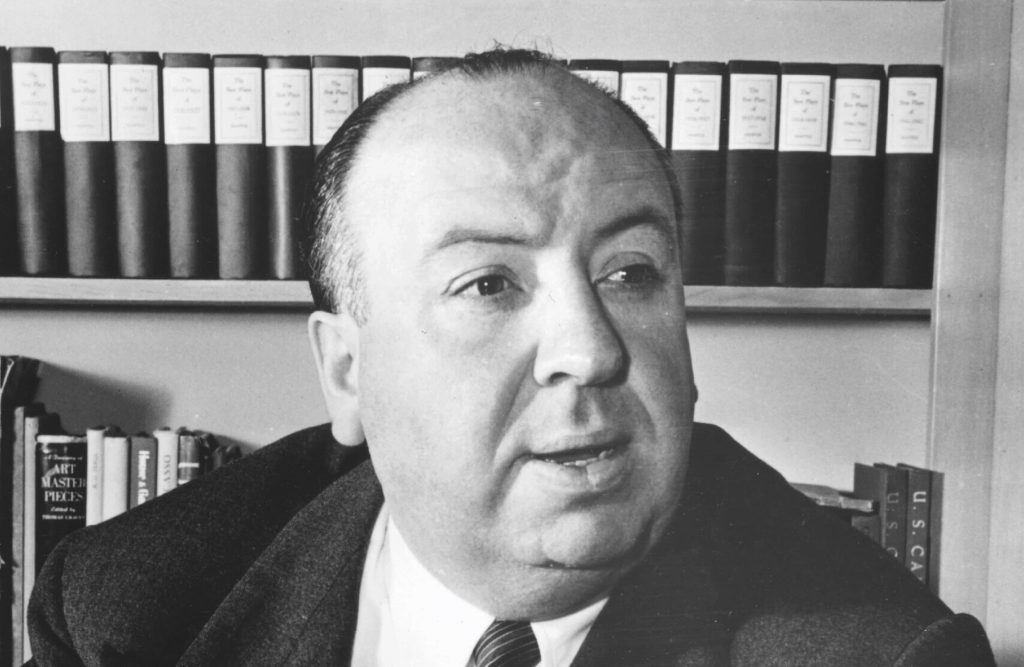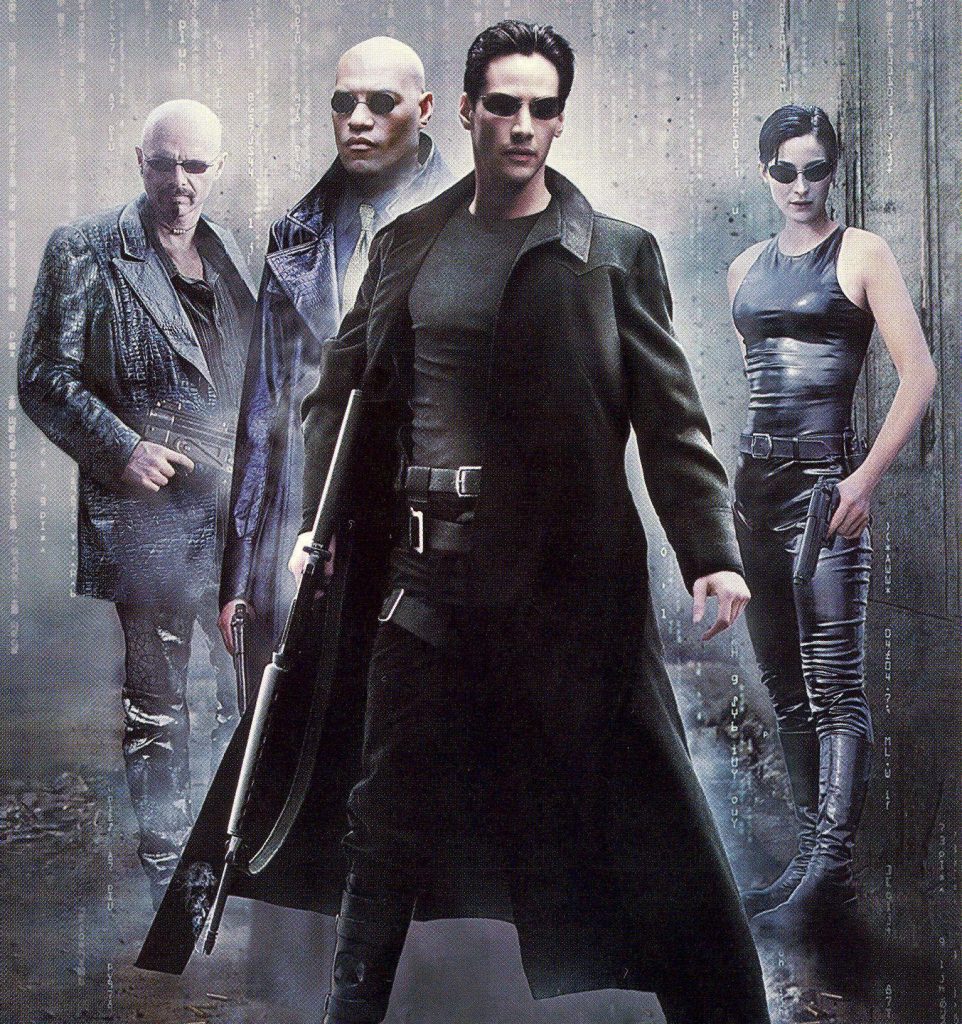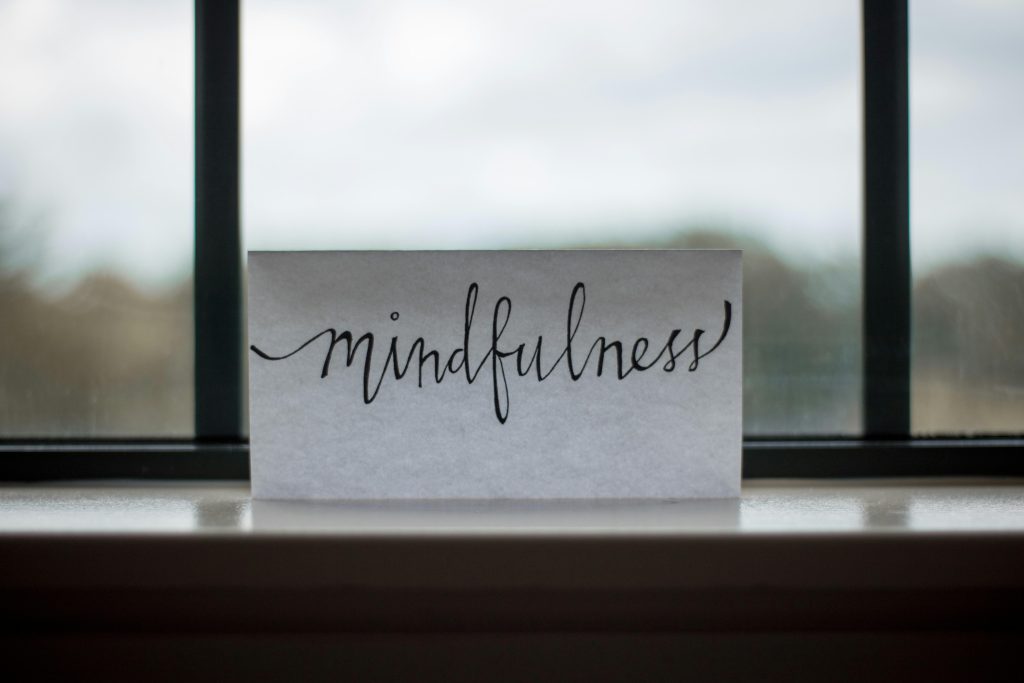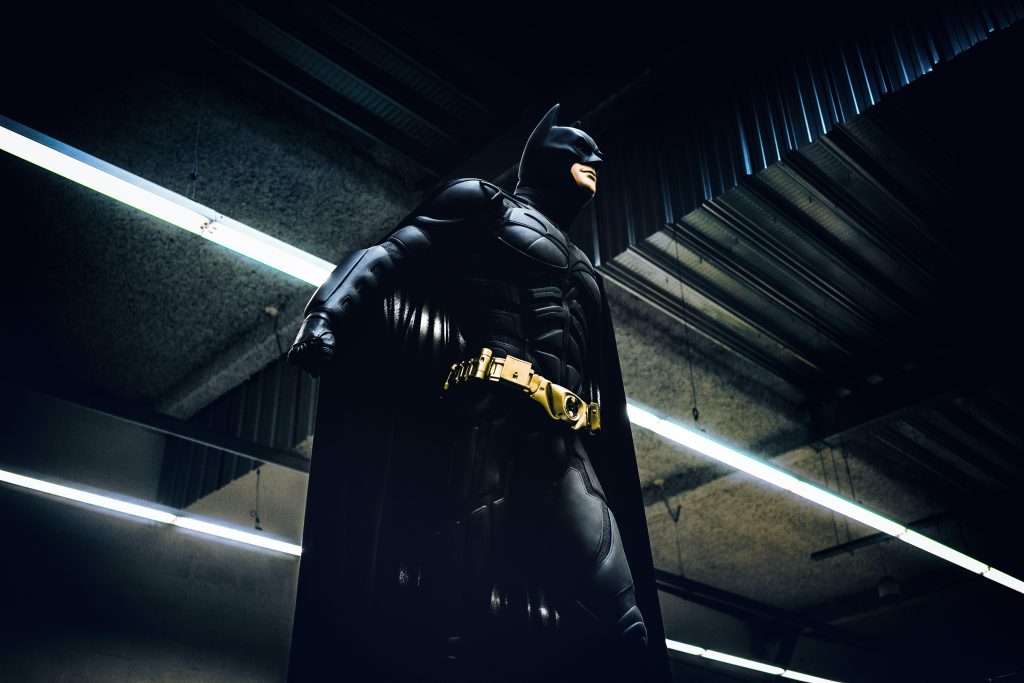In the realm of modern cinema, “La La Land” stands as a testament to the power of visual storytelling, transcending the boundaries of traditional narrative to evoke emotion and convey meaning through a rich tapestry of imagery. Directed by Damien Chazelle, this contemporary musical masterpiece employs a sophisticated blend of color, composition, and choreography, weaving these elements together to create a vibrant cinematic experience that resonates with audiences worldwide. Through an analytical lens, we delve into the visual storytelling techniques that define “La La Land,” exploring how its meticulous attention to visual detail not only enhances its narrative arc but also elevates it to an art form in its own right. From its vivid use of color palettes that mirror the emotional journey of its characters to its innovative camera work that breathes life into its enchanting dance sequences, “La La Land” exemplifies how visual artistry can transform a simple story into an unforgettable cinematic symphony.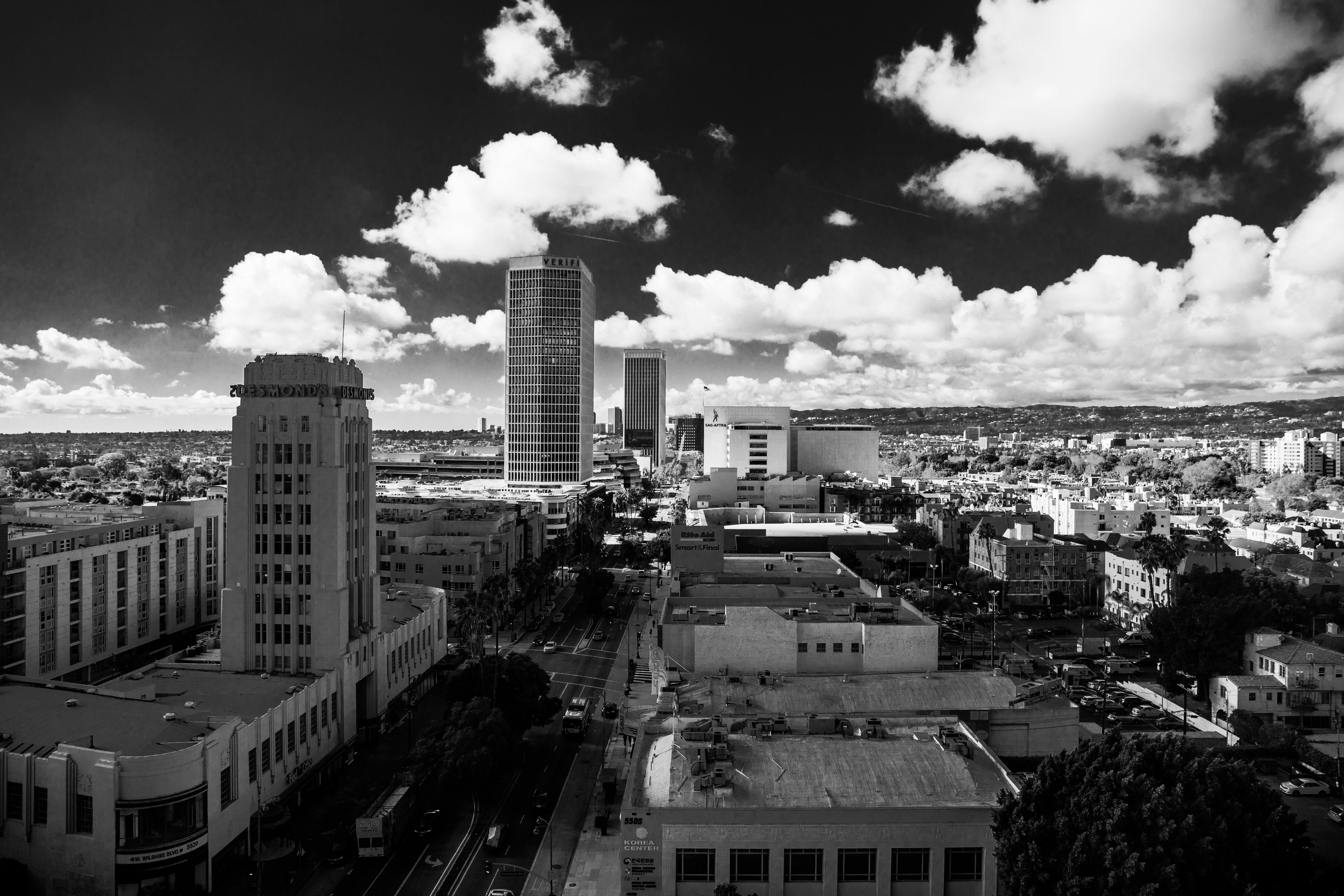
Crafting Colorful Narratives The Art of Cinematic Framing Emotional Choreography and Movement Lighting as a Character
In “La La Land,” cinematic framing serves as a vital storytelling element, where every shot is meticulously composed to amplify the emotional resonance of the scene. Director Damien Chazelle uses framing to guide the audience’s attention and emotions, from the wide panoramic shots of Los Angeles that evoke a sense of limitless dreams, to the intimate close-ups that capture the nuanced expressions of the characters. This deliberate composition not only enhances the narrative but also transforms the city’s sprawling landscapes into a backdrop that mirrors the characters’ aspirations and struggles.
- Emotional Choreography and Movement: The film’s choreography is not just confined to dance sequences but extends to the way characters move within the frame, reflecting their internal states. The fluidity of movement in scenes like the iconic planetarium dance underscores the dreamlike quality of their romance, while more static, confined movements in later scenes signify emotional and physical distance.
- Lighting as a Character: Lighting in “La La Land” is used as a dynamic character that interacts with the protagonists. The vibrant, saturated hues during moments of joy and aspiration contrast starkly with the muted tones that accompany moments of doubt and disappointment. This interplay of light and color not only sets the mood but also serves as a visual metaphor for the characters’ emotional journeys.


